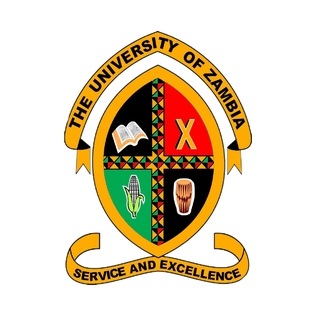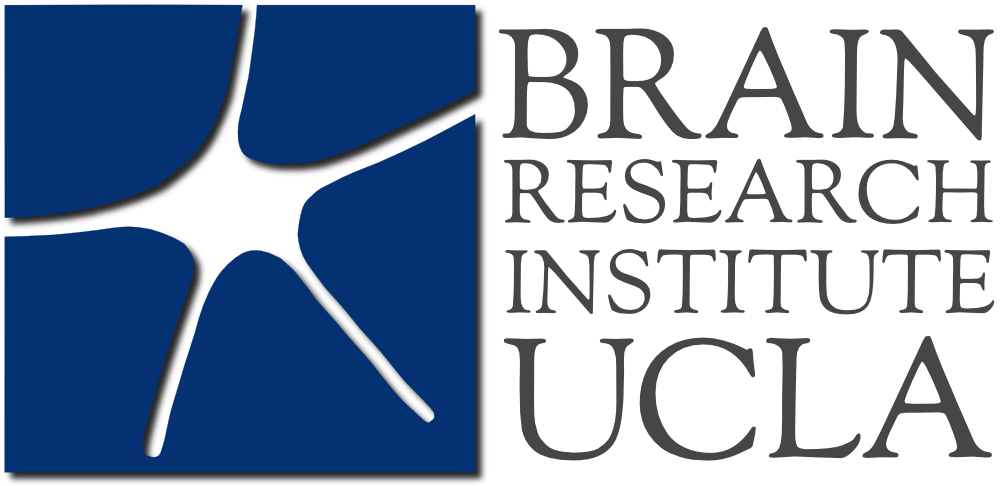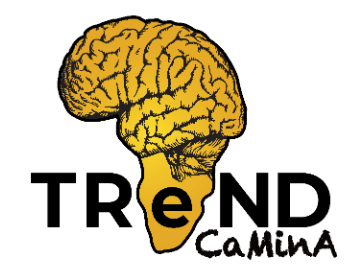TReND-CaMinA:
Computational Neuroscience
and
Machine Learning in Africa
7-23th July 2025,
University of Zambia, Lusaka, Zambia
An intensive entry level course to teach young African students and researchers the basics of computational neuroscience and machine learning

OFFERED AGAIN!
Hands-on data analysis tutorial by researchers of the Allen Institute on their public datasets.

Over millions of years the nervous system has evolved into an extremely sophisticated computational machine. Understanding how it functions is fundamental if we are to overcome brain disease and cognitive impairments, develop future technologies and ultimately, comprehend our own existence.
Computational neuroscience aims to characterise brain operation using the language of mathematics, and to simulate its function using algorithmic principles. Machine learning uses statistical methods to infer patterns in data which can help us learn predictive relationships between natural or digital phenomena. Importantly, machine learning technologies have often drawn inspiration from computational principles extracted from biology and, conversely, have been used to interpret and model the brain.
During this course, we will give a basic introduction to these subjects in order to provide African students and researchers with a solid foundation from which they can further expand their horizons. The topics covered will include neurobiology, systems neuroscience, biophysical neural models, recurrent neural networks, dynamical systems, linear algebra, machine learning methods for neural data analysis, Bayesian statistics, deep learning and reinforcement learning.
A fundamental objective of the course will be to build a strong network of young, bright and enthusiastic African scientists to promote these world-changing fields across the African continent. Our overarching goal is to plant the seeds of a highly skilled future scientific cohort, trained in the disciplines that are radically transforming the way we interact in our world, and which are expected to trigger a global economic revolution.

Who can apply?
The course is targeted to master students and final year undergraduates in the natural sciences and engineering (eg. biology, neuroscience, chemistry, mathematics, physics, computer science, electrical engineering…). Highly motivated PhD students and young researchers who are interested in exploring this field will also be considered. Note that only African nationals can apply to the course.
What is the level of the school?
This TReND course will be an entry level course to the fields of computational neuroscience and machine learning, and will be an ideal preparation for tackling more advanced international courses such as the Imbizo course, and the Neuromatch Academy course. All teaching will be in English.
Do I need previous coding experience?
Previous coding exposure is required to make the most out of the course. For those with less experience, the course will start with a 1-day Python coding introduction adapted to the course needs in order to get all participants up to speed. Students with quantitative backgrounds will be expected to help their peers in their coding assignments. Likewise, students with biological backgrounds will be expected to help more technical students understand neuroscientific concepts.
What do I need to apply?
- Personal statement where you will answer specific questions about your background and your motivations.
- One-page CV.
- Two letters of recommendation.
How much does the course cost?
There is no cost for the course. Thanks to our generous sponsors, we will be able to cover the selected student’s round-trip airfare (economy) from a major international airport in their country to Zambia (Lusaka airport), accommodation, and meals.
Given this unique opportunity, we are seeking candidates with potential to be a fruitful long-term investment not only based on their prospective individual careers, but also based on how they may help advance the fields within the continent in the future.
We welcome all applicants regardless of their socioeconomic background, ethnicity, gender, etc.
For any further questions feel free to contact us at:
Course faculty
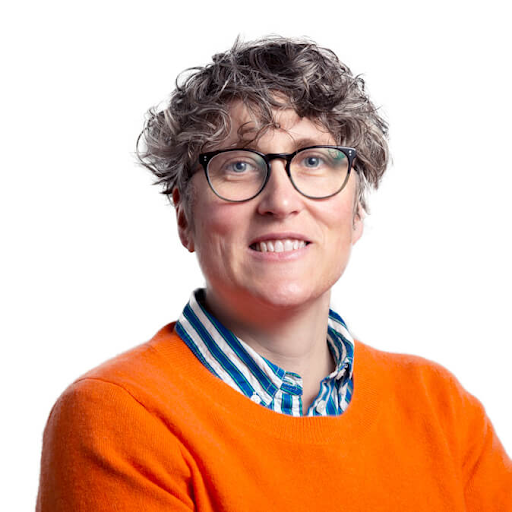
Dr. Saskia de Vries
Allen Institute
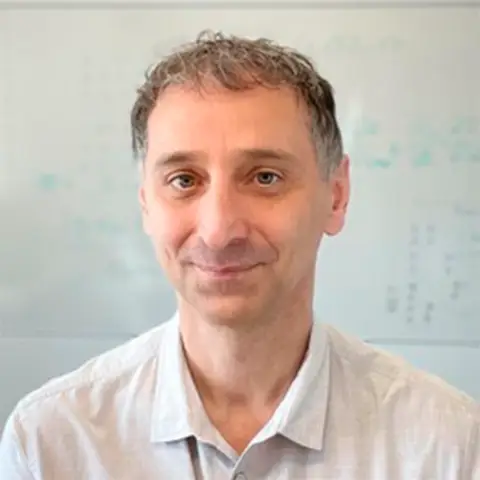
Prof. Dean Buonomano
University of California Los Angeles
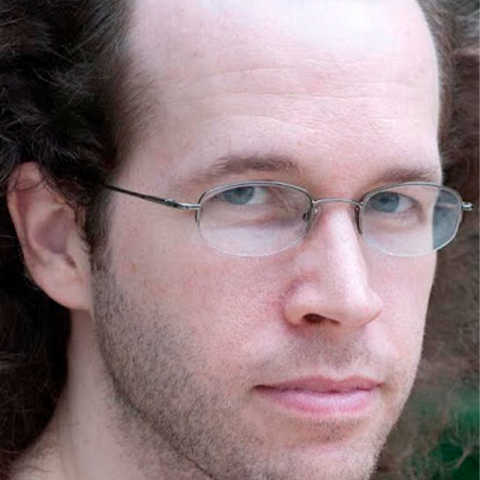
Dr. Michael Buice
Allen Institute

Prof. Kimberly Stachenfeld
Google DeepMind / Columbia University
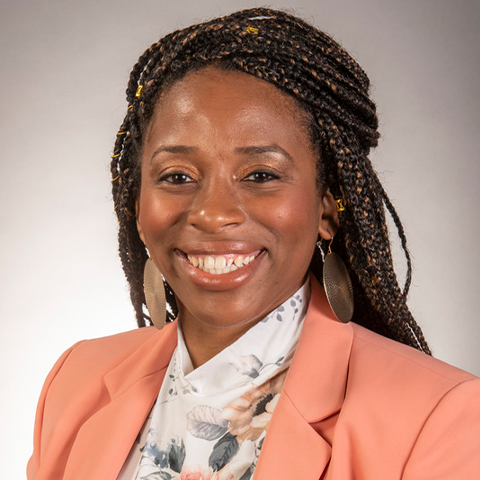
Prof. Sossena Wood
Carnegie Mellon University

Prof. Ronald Vale
Janelia-HHMI
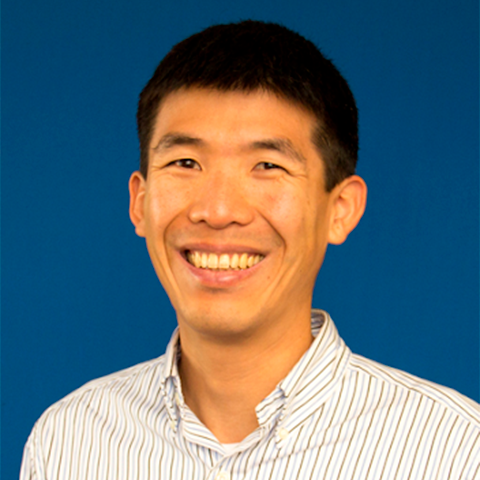
Prof. Byron Yu
Carnegie Mellon University

Dr. Albert Njoroge Kahira
AstraZeneca R&D
Organizers
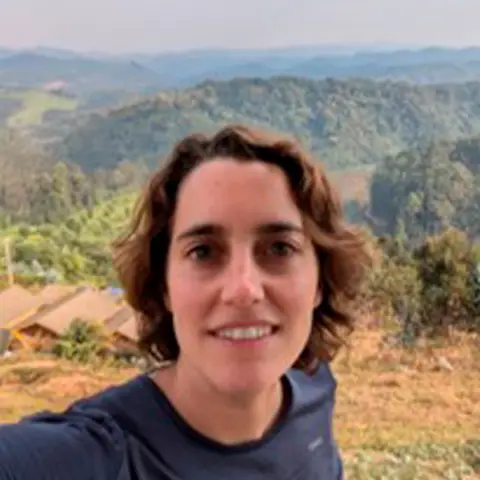
Dr. Saray Soldado-Magraner
University of California Los Angeles
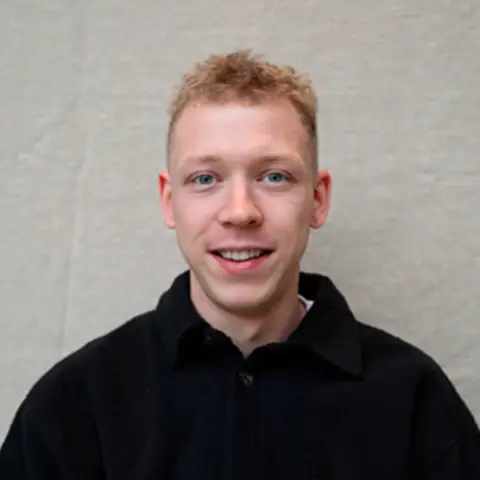
Tom George
University College London
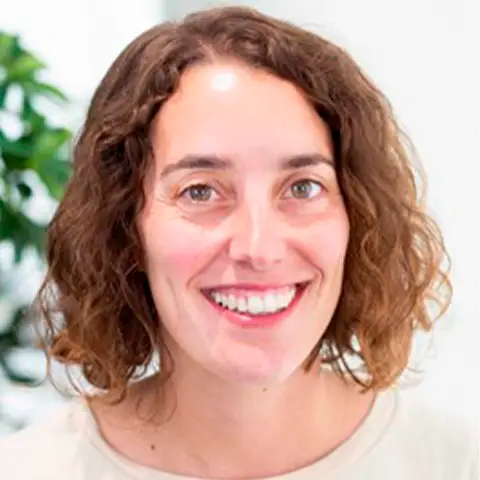
Dr. Joana Soldado-Magraner
Carnegie Mellon University
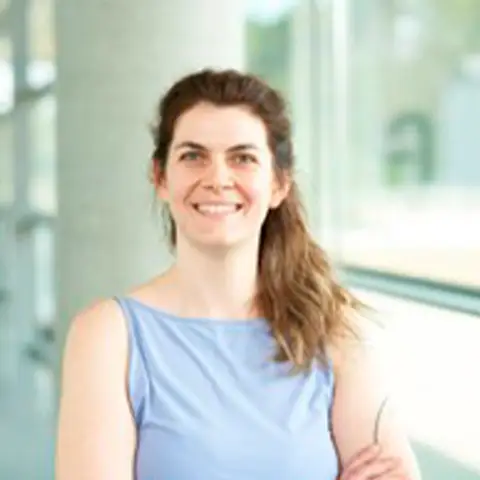
DR. Artemis Koumoundourou
VIB-KU Leuven CBD / TReND in Africa
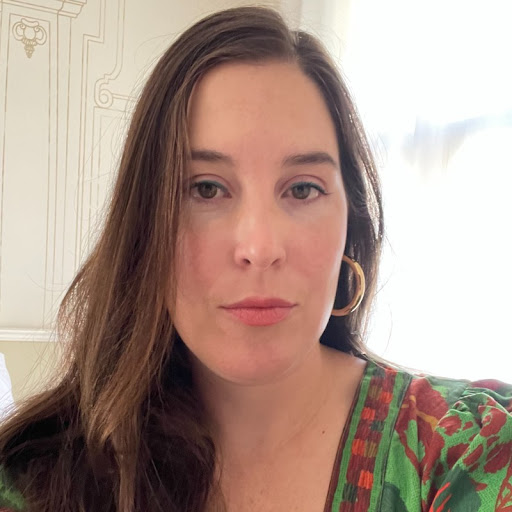
Dr. Gabriela Michel
Janelia-HHMI

Dr. Theresa Chikopela Sikazwe
Lusaka Apex Medical University

Dr. Emmanuel Marquez-Legorreta
Janelia-HHMI
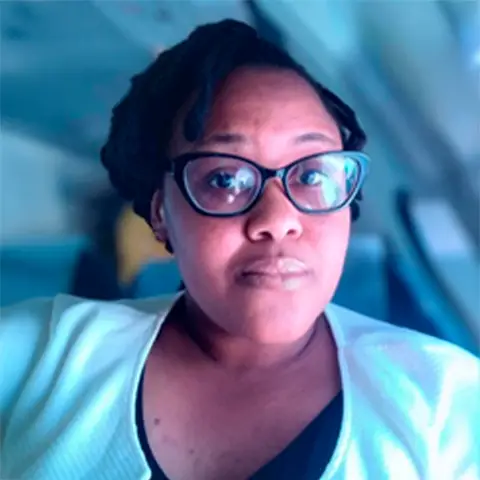
Dr. Lumbuka Kaunda
University of Zambia
Teaching team
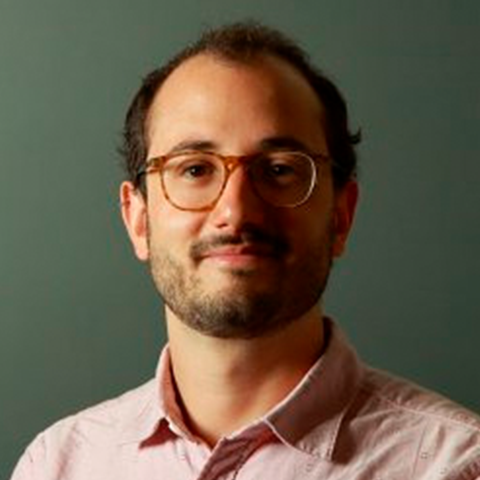
Dr. Martino Sorbano
Science educator & teacher, Italy
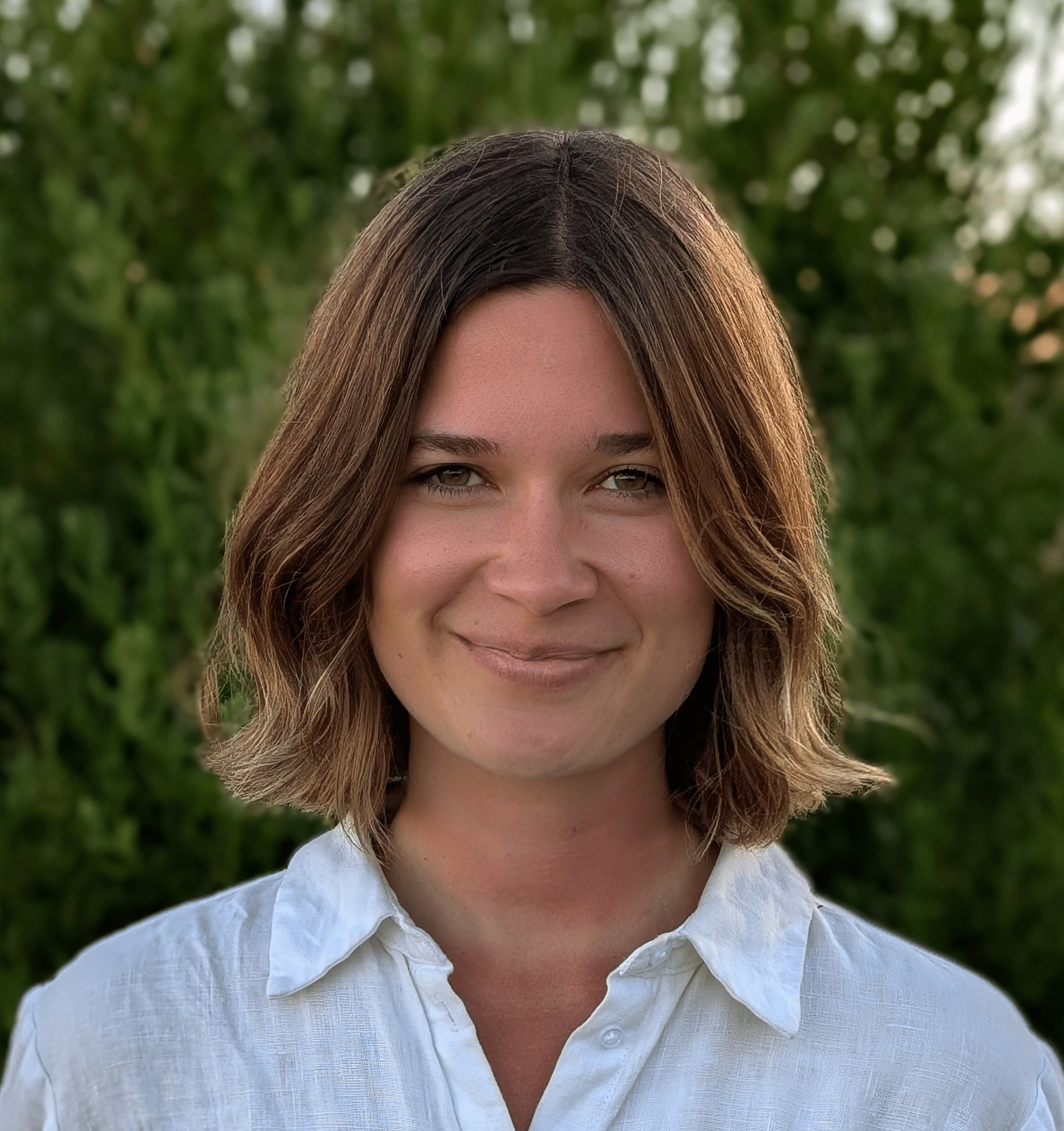
Svenja Küchenhoff
University of Oxford
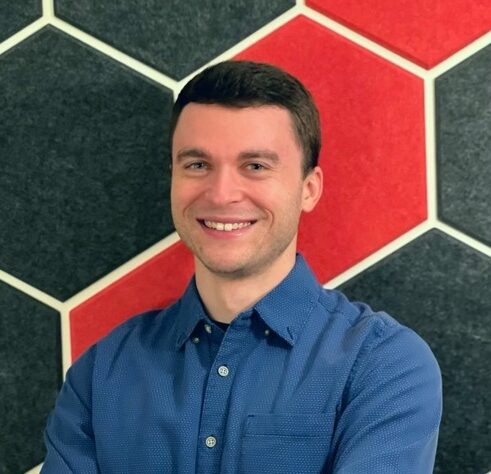
DR. Evren Gokcen
Carnegie Mellon University
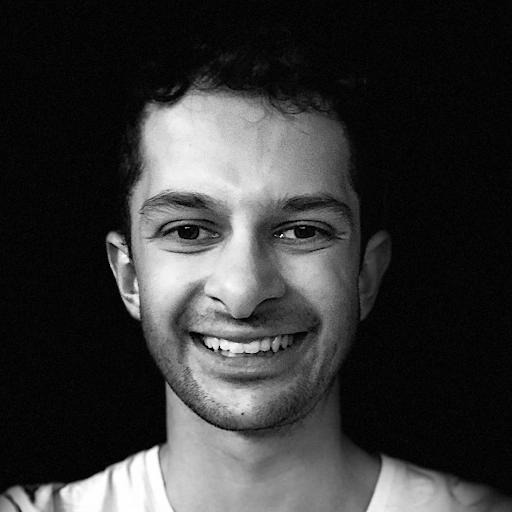
Dr. Marcus Ghosh
Imperial College
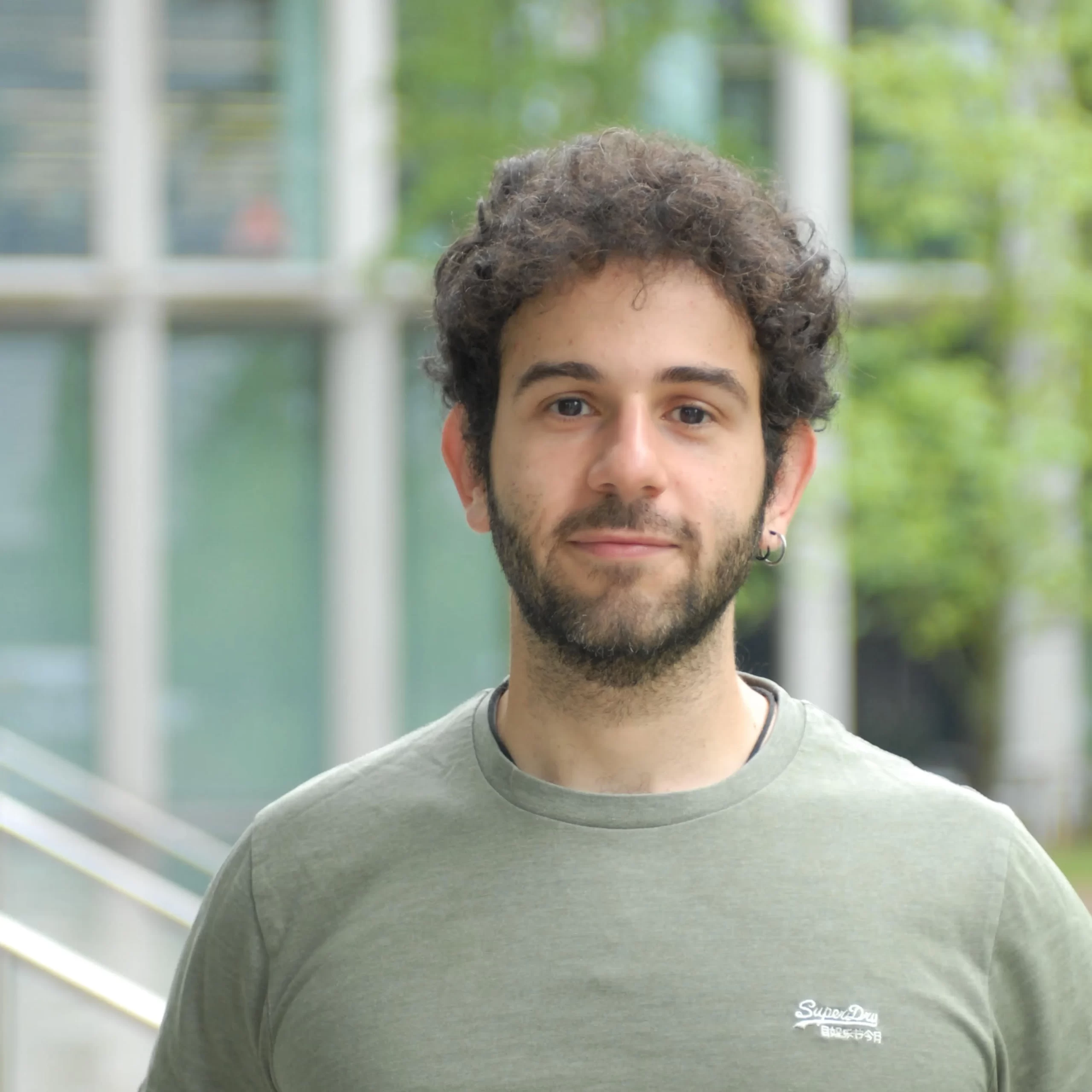
Dr. Burak Gür
FMI Basel
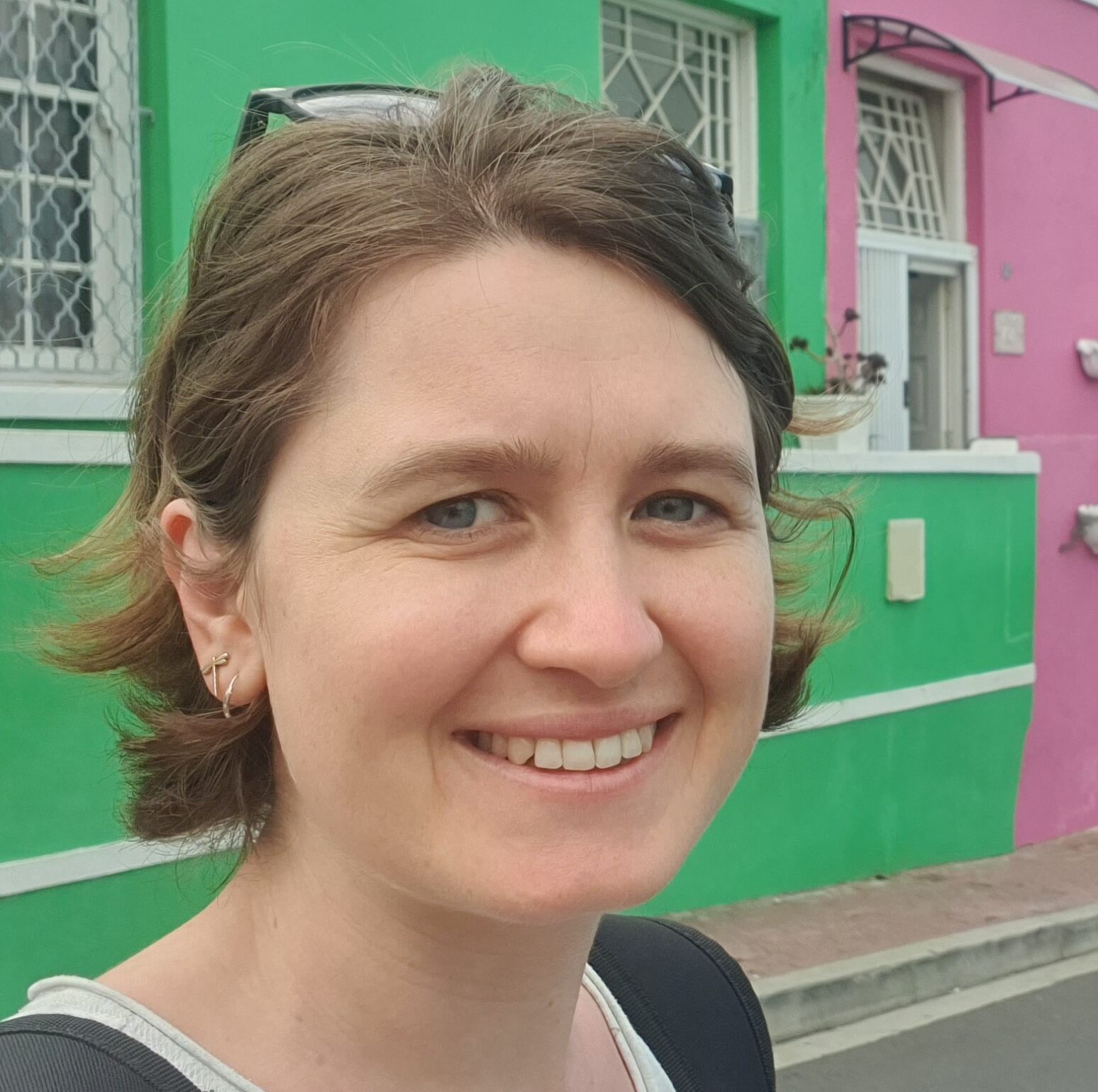
Dr. Ash Parker
Humboldt University
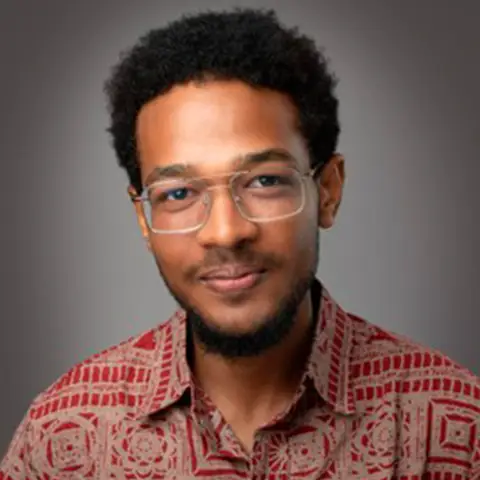
Mahmoud Elmakki
Champalimaud Center for the Unknown

Polina Turishcheva
University of Göttingen

Gilgal Justice Ansah
University of Pittsburgh

Marwan Zouinkhi
Janelia-HHMI
SPONSORS



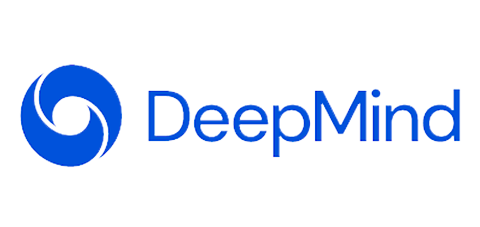
PARTNER INSTITUTIONS
